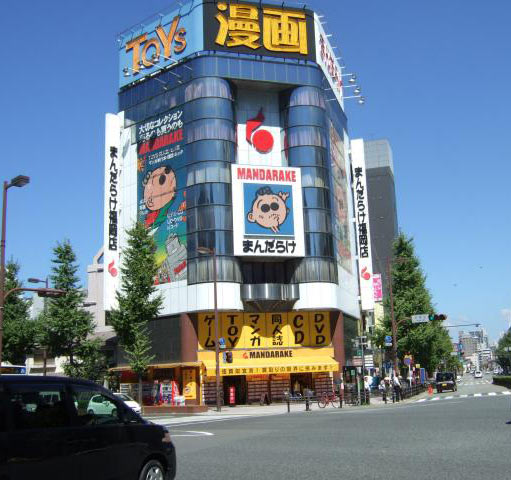One thing I like about learning a foreign language is the insight I gain into my own brain. For example, I’ve learned a lot about how my memory works, and the steps needed to move a new vocabulary word from my short-term memory (which can hold a few ideas for 15-20 seconds) into my longer-term memory. My preferred memorization methods were writing example sentences several times in a kanji notebook, drilling with flashcards, and trying to use a new word in a social situation but failing spectacularly, which caused embarrassment but at least guaranteed I’d never forget the word for as long as I live. Another thing I’ve learned is that, when faced with a Japanese word the brain doesn’t know, it will try to “force” comprehension by substituting another word, like the time a Japanese friend told me to meet her near the 自動販売機 jidou-hanbaiki (lit. “automatic selling machine” or vending machine) but I waited near the 自転車 jitensha (bicycles) because that’s the word my brain substituted for some reason. In Tokyo there’s a famous doujinshi shop called Mandarake (mahn-dah-rah-kay, lit. “manga everywhere, all over the place”), yet when native English speakers see the name their brains often substitute the word “mandrake” instead, because recognizing stuff is what brains do, even if it’s slightly wrong. (This word is also used in the Pandadarake game we have on the site, literally meaning “Pandas all over the place.”)

Mandarake is a great doujin and toy shop. Mandrake is a plant.















